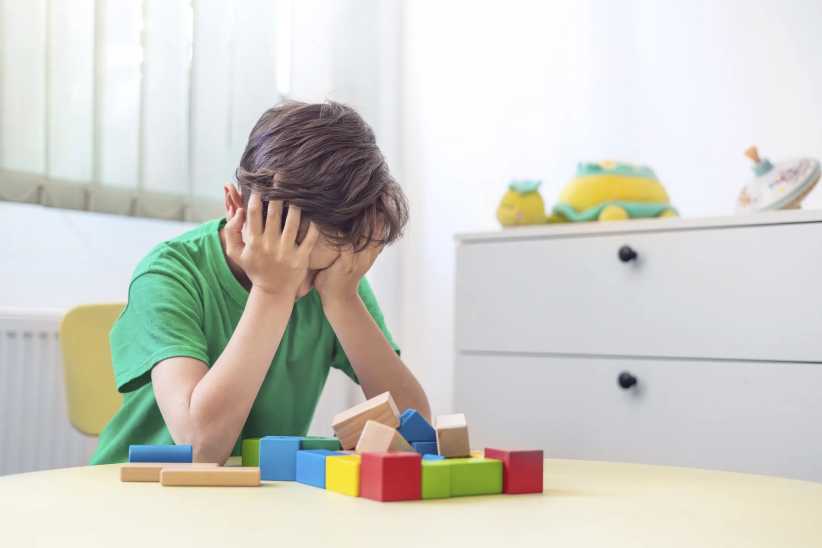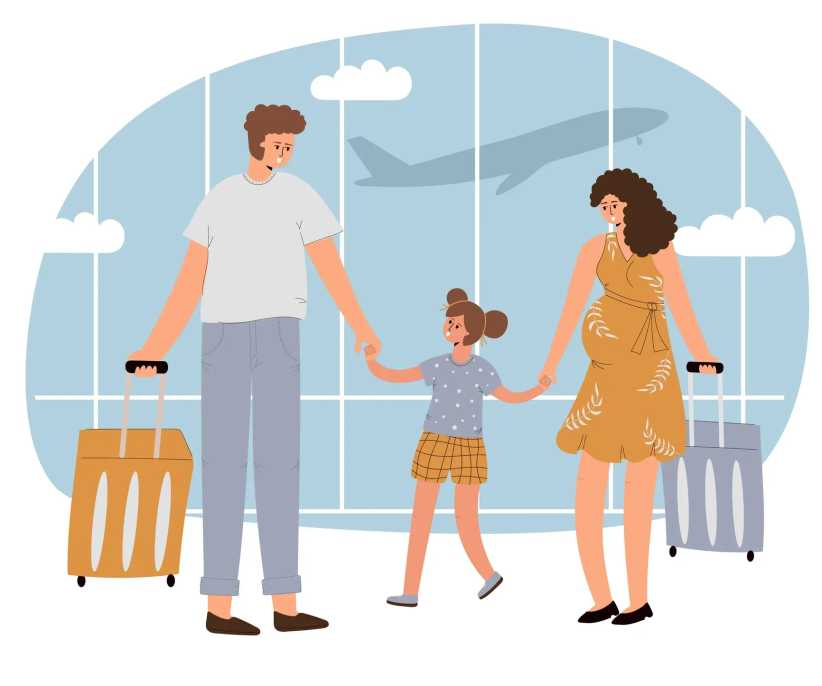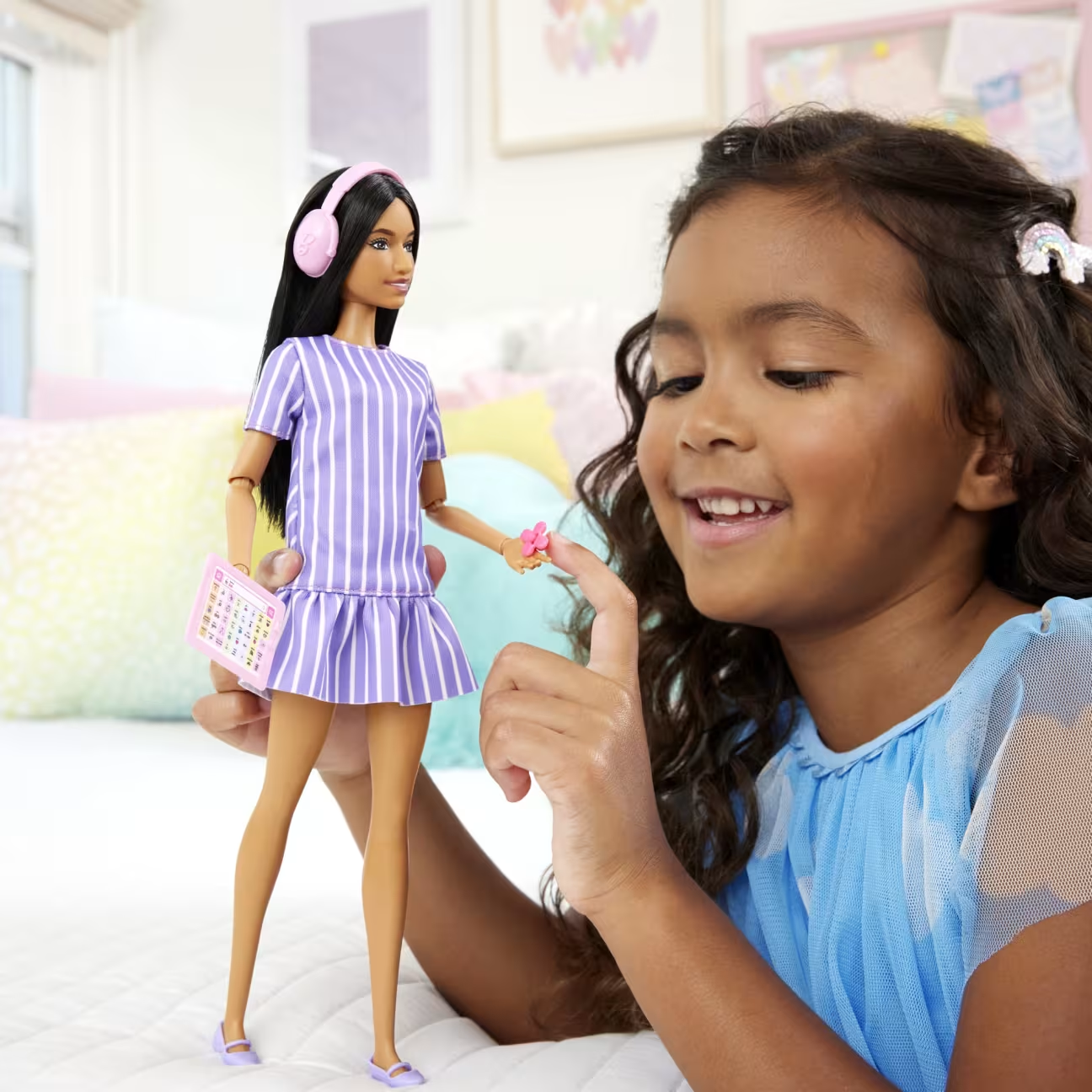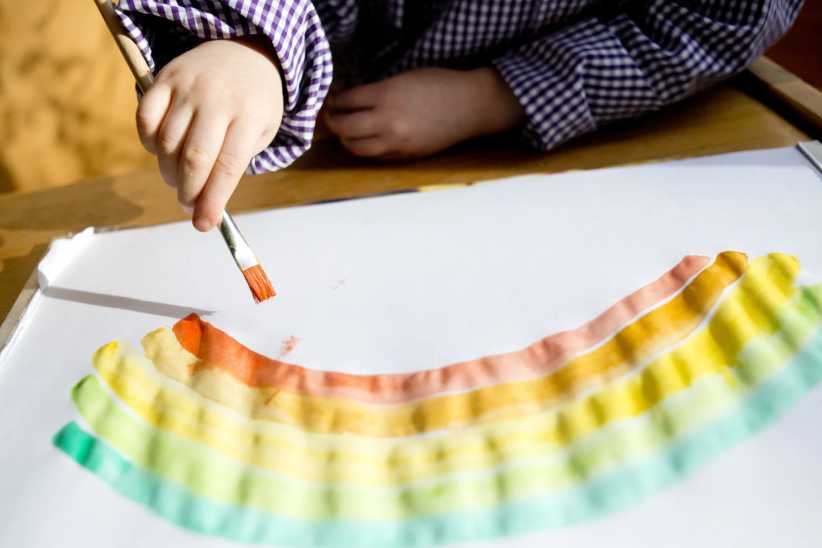In 2006, a couple from Portland, Maine, got married and decided they wanted a child.
Kari Wagner-Peck, who was 46 at the time, told her husband, Ward Peck, that after considering fertility counseling, she “didn’t want to be pregnant, and a biological child was unimportant” to her.
The couple did some research into private and international adoptions and realized they could not afford those exorbitant costs. Consequently, they decided to try adoption through the state’s foster-care system, which would cost them nothing. Once the couple found a U.S. Department of Health and Human Services caseworker they liked, named Linda, she told them she would help them find a child.
In September 2008, Linda showed the couple a photo of a 2-year-old boy named Thorin who was currently living in a foster home. They loved him the minute they saw his picture. In January 2009, Linda informed the couple that Thorin had Down syndrome, but the couple said the disability was not “an immediate concern for them.”
After visiting Thorin in his foster home several times while being vetted by the department, Kari and Ward were finally able to bring Thorin to their home. During his first night there, Thorin woke up screaming. When the couple couldn’t soothe their child, they put him in their bed that night and slept with him and their two dogs.
As Kari recalled, “The next morning upon waking, I realized ‘We’re parents!’ I was beyond thrilled, but we now had an awesome responsibility.”
In her gripping book, “Not Always Happy: An Unusual Parenting Journey” (Central Recovery Press), the new mom describes her often humorous and never-dull experiences of raising a son with Down syndrome.
A new home
While most people think children with Down syndrome “are happy all the time,” Thorin’s new parents found him “feisty and curious.” While he showed his new family he could be funny and affectionate, Thorin also had to contend with multiple health problems.
Thorin required surgery after he was born with two holes in his heart, and his doctor informed his new parents that both holes had closed. He choked quite often on his food, and Kari and Ward fell into a frenzy cutting his meals into little pieces.
As part of the adoption process, the new family was visited on numerous occasions by caseworkers looking into Thorin’s adaptability to his new home. Jade, Thorin’s biological 10-year-old sister who had reported their parents to authorities, also visited the family each month to ensure that Thorin was not being mistreated.
Thorin was also still being visited by his biological mother at the Department of Health and Human Services building. As her visits became shorter, it became apparent to Kari that the mother was feeling overwhelmed in the presence of her child. Finally, Thorin’s birth mother signed away her rights to her child, and Kari and Ward legally became his new parents.
New legal parents
Despite celebrating their status as the new legal guardians of Thorin, the parents were faced with more health challenges. As the weather turned colder, Thorin developed croup, and he was taken to the hospital several times when he struggled to breathe while trying to sleep.
At the hospital, a doctor explained to the new parents that people with Down syndrome are often sick because they have a “compromised immune system.” The couple also learned from their own research that children with Down syndrome have smaller and narrower nasal passages and airways, which makes them “more prone to croup and stridor,” an illness that forces the patient to feel “like they are breathing through a straw.”
Desperately worried, the Pecks took the youngster to a pediatric pulmonologist where he was finally diagnosed with asthma and given an inhaler to use as needed. As a result, Thorin no longer experienced frightening nights of struggling to breathe.
When Thorin enrolled in school, he was criticized by his speech therapist for making slow progress because of his disability. Following an assessment with an ear, nose, and throat doctor, the parents learned their son “was likely having difficulty hearing closely from even a few feet away.”
“It was discovered that Thorin had permanent, mild bilateral hearing loss,” Kari recounted. As the doctor confirmed that “Thorin’s poor hearing could stall his speech development,” his parents had tubes put in their son’s ears to remedy the problem.
Public school disaster
Kari and Ward’s research pointed to putting their son into an inclusion classroom (for children with and without disabilities) as the best way for their son to learn, so they enrolled him in Portland’s public school system.
Despite some modest gains made during his three-year period in the public schools, some upsetting incidents occurred.
In a preschool recommended by the Department of Health and Human Services, one teacher held Thorin all day long to help her with her depression, as she explained to Kari. When Kari arrived at the preschool early one day to pick Thorin up, she found his speech therapist had strapped him into a chair where he was screaming, because every time she spoke to him, he would run away. As Thorin continued to struggle with speaking, he regressed into a world of using sign language to communicate.
Distraught at the sight of their son in restraints, the parents enrolled Thorin in a neighboring school system with a better reputation. As Kari began a website called “A Typical Son,” she started hearing from other Maine parents that their state’s public school system was not that welcoming to the idea of inclusion.
At home, the Pecks saw Thorin as capable of speaking and comprehending them, but the majority of his teachers underestimated his abilities and even excluded him from their daily curriculum. As their child began to show more and more anxiety in school every day, either by wetting himself or misbehaving, Kari made an insightful discovery.
She read about behavioral problems of children with Down syndrome, and found that most of these incidents resulted from the children’s angry frustration over being unable to communicate with others. He poked his classmates — some claimed he was “hitting them” — because he was attempting to get their attention. Kari realized her son’s misbehavior was really a consequence of his inability to speak with his peers.
When Kari finally told her son about his diagnosis, she told Thorin he had a “super power” called Down syndrome. The family created presentations to his kindergarten and first-grade classes to help his fellow students understand his condition, but Thorin’s classmates interpreted them as affirmations of his disability, and they constantly infantilized him and told him what to do.
Home-schooled and happy
Thoroughly disgusted by the public schools’ dishonest attempts to create an inclusion summer program for their son, Kari and Ward, with Thorin’s wholehearted approval, decided to home-school him. Receiving a few recommendations from Home, “a non-profit Christian ministry dedicated to supporting home schools in Maine,” Kari embarked on the adventure of schooling her son.
With the advice to teach Thorin about things that interested him, Kari enrolled him in a theater and dance class. Kari and Thorin learned to bake together, and Thorin taught himself to draw by watching YouTube videos. Surrounded by a family who truly understood what he was capable of, Thorin finally learned to read and speak in small sentences.
He made great strides in his home-schooling, which seemed unbelievable considering the lack of progress he had made in public school. Kari realized that her son had endured a great deal of mistreatment in that environment and apologized to him for not withdrawing him sooner. She asked him what he thought about in school to overcome the exclusion.
“Odin’s son. King of Asgard,” Thorin replied. Kari remembered that in one of their presentations, her son dressed up as the Marvel Cinematic Universe superhero Thor and looked into the camera saying, “I am Thor.”
As Kari recalled proudly, “Thorin had told his classmates — whether they understood or not — that he was powerful. My son is powerful; the thumping in my heart made it true.”
Allison Plitt lives in Queens with her 12-year-old daughter.














